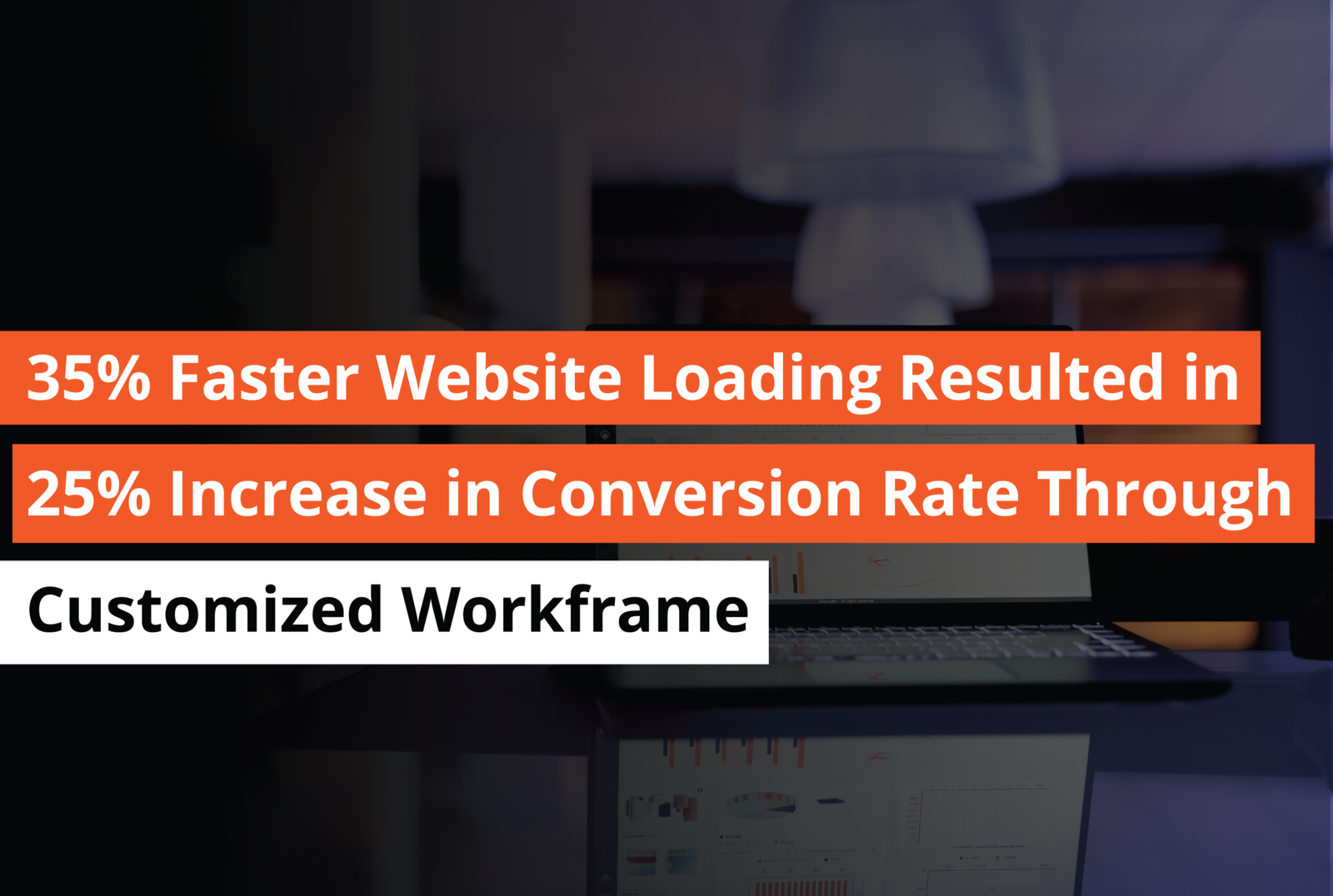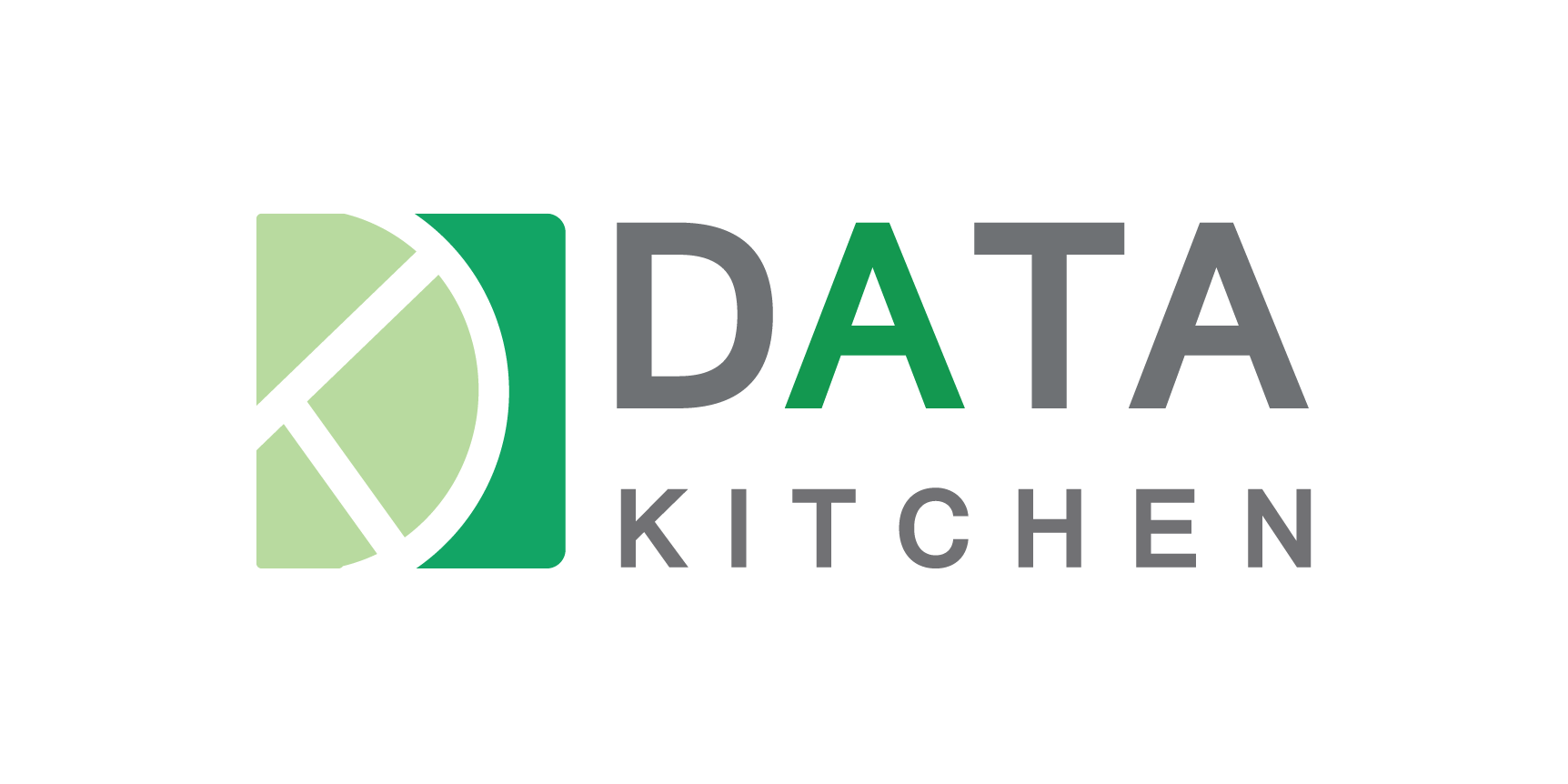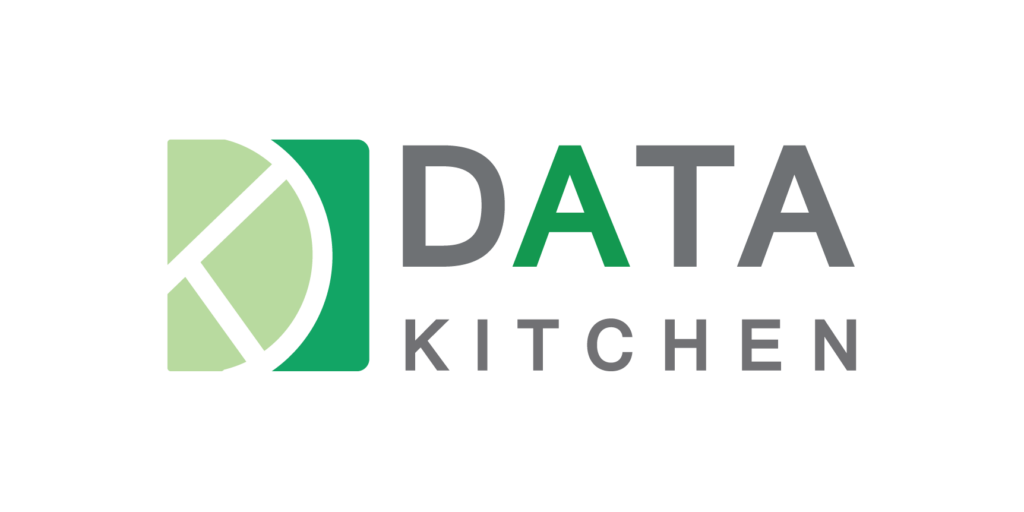What exactly is Business Intelligence, after all?
Those who want faster growth and better results must stay smart with technology and the market. Business Intelligence is one such effective solution. BI means using tools, technologies, and methods to collect, study, and display data to help businesses make better decisions. It takes raw data from multiple sources, organizes it, and extracts meaningful information. This information is then shown in reports or dashboards that are easy to understand and visually appealing. It helps companies identify patterns, solve problems, and plan more effectively for the future.
Why Major Companies Are Using Business Intelligence?
Big companies use Business Intelligence (BI) to make better decisions and stay competitive. BI turns raw data into clear valuable data, helping leaders understand their business, spot patterns, and act quickly when needed. It saves time by automating tasks like collecting and sharing data, reducing errors and improving efficiency. For example, retail businesses use BI to track stock in real-time, avoiding overstocking or running out of products. BI also improves customer satisfaction by studying what customers like and need. Online stores, for instance, use BI to recommend products based on past purchases, boosting sales and building loyalty. BI helps businesses work smarter, save money, and keep their customers happy.
Many well-known companies use BI to improve their performance:

•Amazon: BI helps Amazon plan efficient delivery routes and recommend products based on customer browsing history.
•Starbucks: Starbucks uses BI to analyze which drinks sell best in different locations, helping them design more effective promotions and loyalty programs.
•Netflix: Netflix uses BI to study viewer habits and suggest movies or shows people are most likely to enjoy, keeping customers engaged.
•Walmart: Walmart relies on BI to track inventory levels and ensure products are available when and where they’re needed.
•Coca-Cola: Coca-Cola uses BI to understand customer preferences and create new flavors that match market demands.
Is Small Businesses Getting Benefit from Business Intelligence?
Business Intelligence (BI) isn’t just for large companies; small businesses can also reap significant benefits. With BI tools, small businesses can make smarter decisions by understanding customer preferences, tracking sales trends, and managing inventory more effectively. For example, a local retail shop can use BI to identify which products are most popular during certain times of the year and adjust their stock accordingly. BI also helps small businesses save time and money by automating routine tasks like generating reports and analyzing data. This allows business owners to focus on growing their business instead of getting bogged down by manual work. Cloud-based BI tools are particularly useful for small businesses because they are affordable, scalable, and accessible from anywhere.
By using BI, small businesses can compete with larger companies by making data-driven decisions, improving customer satisfaction, and optimizing their operations. It’s a game-changer for those looking to grow and succeed in a competitive market.
Top 5 Business Intelligence Tools Helping Businesses
1. Tableau
Tableau is great for creating colorful and clear charts, graphs, and dashboards. It allows businesses to make sense of large amounts of complicated data quickly. Tableau also enables users to interact with the data, drill down into details, and identify trends. It’s commonly used for visual storytelling and sharing information with teams.
• Easy drag-and-drop feature to create reports.
• Interactive charts and dashboards for better understanding.
• Works smoothly with different data sources.
2. Power BI
Power BI, developed by Microsoft, is a user-friendly tool that integrates well with other Microsoft products like Excel and SharePoint. It helps businesses create simple yet detailed reports and charts. Power BI also offers AI-powered features like natural language querying, making it easier for anyone to explore data and find answers.
• AI tools like asking questions in plain language.
• Real-time data updates for quick decisions.
• Affordable and works well with Microsoft tools.
3. Qlik Sense
Qlik Sense allows users to explore data in different ways, offering a highly flexible approach to self-service analytics. It’s known for its associative data engine, which makes it easy to spot relationships between different data points. This tool is ideal for businesses looking for deeper information and greater control over their data.
• Shows connections between data easily.
• Strong security to protect data.
• Simple to use for everyone, even non-technical users.
4. Looker
Looker is a cloud-based BI tool designed for real-time analytics and quick decision-making. It connects directly to data warehouses, enabling businesses to monitor live metrics and get up-to-date insights. Looker is highly customizable, allowing companies to create reports and dashboards to their specific needs. It’s a great choice for teams that require collaboration and fast access to important data.
• Live information by directly linking to data storage.
• Customizable charts and dashboards.
• Great teamwork features to share information.
5. SAP
BusinessObjects SAP BusinessObjects is a powerful BI tool designed for big businesses. It helps create detailed reports and analyze data easily. The tool is great for managing large amounts of information and supports decision-making with accurate information. It also works well with other SAP and business systems, making it a reliable choice for large organizations.
• Advanced reporting for complex business scenarios.
• Scalable architecture for large datasets.
• Integration with SAP ecosystems and other enterprise applications.
Top 5 Business Intelligence Tools Helping Businesses

1. Better Decisions :BI helps businesses make smarter choices by turning raw data into meaningful information. It allows leaders to see what’s working, what’s not, and what can be improved. For example, a retail store can use BI to identify its best-selling products and adjust its inventory accordingly. This ensures they meet customer demand while avoiding overstocking. BI also helps in spotting trends and making proactive changes. Businesses can evaluate performance across departments and plan strategies with confidence. It also empowers teams to back their decisions with data, reducing the risk of errors.
2. Saves Time and Resources: By automating data collection and analysis, BI saves time that would otherwise be spent on manual tasks. It identifies areas where resources are wasted, enabling businesses to work more efficiently. For instance, a company can use BI to track delivery routes and find ways to save fuel. This automation reduces workload for employees and allows them to focus on more important tasks. Additionally, automated reporting ensures faster access to information, cutting down delays in decision-making. Businesses can also reduce reliance on manual processes, improving accuracy and reliability.
3. Understand Customers Better: BI tools analyze customer habits and preferences, helping businesses design better products and marketing campaigns. They also predict future customer needs based on historical data, allowing businesses to stay ahead of market trends. For example, an e-commerce platform can use BI to recommend products based on past purchases. This improves customer satisfaction and builds brand loyalty over time. With detailed customer segmentation, businesses can create targeted campaigns that drive higher engagement. BI also helps in personalizing the customer experience, which is important for long-term growth.
4. Save Money: BI tools help businesses identify areas where costs can be reduced, such as eliminating wasteful practices or optimizing resource allocation. This frees up money that can be invested in other areas like product development or marketing. For example, tracking energy usage can help lower bills and improve operational efficiency. BI ensures every dollar is spent wisely. Companies can also use BI to track supplier performance and negotiate better deals. By monitoring budgets in real-time, businesses can prevent overspending and increase profitability.
5. Quick Updates: BI tools offer real-time dashboards that show the latest data as it comes in. This helps businesses act fast in response to changes, such as stock shortages or market shifts. It’s especially useful in industries like retail and logistics, where timing is important. Businesses can make quick adjustments and prevent possible losses by always staying updated. Real-time alerts allow teams to respond proactively to issues before they escalate. With instant access to updated metrics, businesses can also stay competitive in fast-changing markets.
Business Intelligence Working with Analytics
What is Business Intelligence (BI)?
Business Intelligence answers questions like “What happened?” and “What’s happening now?” It uses past and current data to create simple reports, charts, and insights. For example, it helps businesses see which products sold the most last month or check how sales are doing right now. BI gives a clear picture of what’s going on in the business. It helps leaders track performance across departments and identify areas that need attention. With BI, businesses can act quickly to fix problems or improve processes.
What is Business Analytics?
Business Analytics goes a step further by answering “What will happen?” and “What should we do next?” It uses advanced methods to predict future trends and suggest the best actions. For example, it can guess what customers will buy next or recommend ways to improve prices. Analytics uses tools like machine learning to explore deeper valuable data. It enables businesses to plan ahead with confidence, reduce risks, and explore new opportunities. By understanding patterns, businesses can create strategies that drive growth and success.
How Do They Work Together?
BI and analytics work together to give a full picture of the business. BI looks at what has already happened, while analytics helps plan for the future. By using both, businesses can make better choices, improve their plans, and be ready for challenges. Together, they ensure businesses can monitor their current performance while preparing for what’s ahead. This combination helps companies stay ahead in the market, adapt quickly to changes, and stay competitive.
The Smart Future of Business with Better Business Intelligence

AI Insights
BI tools are using artificial intelligence (AI) to predict trends, find patterns, and give suggestions. For example, AI can look at sales data and recommend which products to promote during a certain season. AI can also help spot areas where work is slowing down, like in supply chains or customer service. It can even guess what customers might want next, helping businesses plan better. As AI improves, BI tools are getting smarter and making it easier for businesses to make good decisions.
Real-Time Information
Real-time BI tools are getting faster, letting businesses see changes as they happen and act quickly. This is very useful for industries like healthcare or finance, where quick decisions are important. For example, real-time dashboards can warn businesses about a sudden drop in sales or a problem in their system so they can fix it right away. In healthcare, doctors can see live patient data to make better treatment decisions. Real-time BI helps businesses react faster and stay ready for unexpected changes.
Cloud-Based Tools
Cloud-based BI tools let businesses access their data from anywhere, making them more flexible and cost-effective. They’re also easier to expand as the business grows. These tools save money by removing the need for expensive equipment and reducing maintenance work. Teams can work together more easily from different locations using shared dashboards. Plus, cloud-based tools keep data safe with regular updates and backups, making them a great choice for businesses today.
The Real Worth of Business Intelligence
Business Intelligence is a one of the best ways to turn data into smart decisions which can help businesses grow faster, save resources, and always stay ahead. Using tools like Tableau and Power BI to real-life examples like Amazon and Netflix, BI has proven its value in improving operations and understanding customers. With new advancements BI is becoming even more important with features such as AI, real-time analytics, and cloud solutions. BI is the key to smarter strategies and better results for Businesses those are looking to succeed.
How AI and Data Analytics Help Businesses?
Businesses can use AI and data analytics to gain a competitive edge in their industry by optimizing customer service, streamlining operations, improving decision-making accuracy, and driving innovation. By leveraging these tools, companies can stay agile in the face of competition and adapt to rapidly changing market conditions, ensuring long-term success.
Conclusion:
Business Intelligence is changing the way businesses of all sizes make decisions and plan for what’s ahead. Whether it’s a large company like Amazon or Netflix or a small local shop, BI tools are helping businesses turn raw data into clear, useful information. BI is now simpler to use and more powerful than ever before. It just not a tool anymore, it’s a smart and effective way for businesses to stay ahead. It helps businesses to keep their customers happy and reduce extra costs. It also helps teams work smarter by giving them the right information when they need it. Whether you own a small business or run a large company, BI can open new growth opportunities and keep you ahead of the competition. As technology improves, BI continues to evolve, making it an important part of every business’s success plan.
Want to see how Business Intelligence can help your business? Complere Infosystem offers a world-class free Proof of Concept (POC) to show how BI can work for you. It will guide you step by step, from choosing the right tools to creating custom solutions.
Hurry Up! Get your 100% customized Proof of concept @no cost and no commitment.
About Author

I’m Isha Taneja, and I love working with data to help businesses make smart decisions. Based in India, I use the latest technology to turn complex data into simple and useful insights. My job is to make sure companies can use their data in the best way possible.
When I’m not working on data projects, I enjoy writing blog posts to share what I know. I aim to make tricky topics easy to understand for everyone. Join me on this journey to explore how data can change the way we do business!
I also serve as the Editor-in-Chief at "The Executive Outlook" where I interview industry leaders to share their personal opinions and add valuable insights to the industry.
FAQ
AI projects can fail if businesses don’t have clear goals or if the data, they use is messy or inaccurate. Without proper training, teams may struggle to use the tools effectively. Choosing the wrong tool for the job or having unrealistic expectations can also lead to failure.
BI software includes tools like Tableau, Power BI, and Qlik Sense. These tools help businesses collect and study their data to find useful insights. They also make it easy to share this information through visual reports, making decision-making simpler.
BI reporting involves creating charts, graphs, and summaries that show what’s happening in a business. These reports help leaders track progress, spot problems, and make sure goals are being met. They also make it easier to share updates with teams.
BI tools provide clear and accurate data, helping businesses make smart decisions. For example, they can show trends in sales, customer preferences, or expenses, allowing companies to plan better. This helps reduce risks, solve problems faster, and find new opportunities.
































